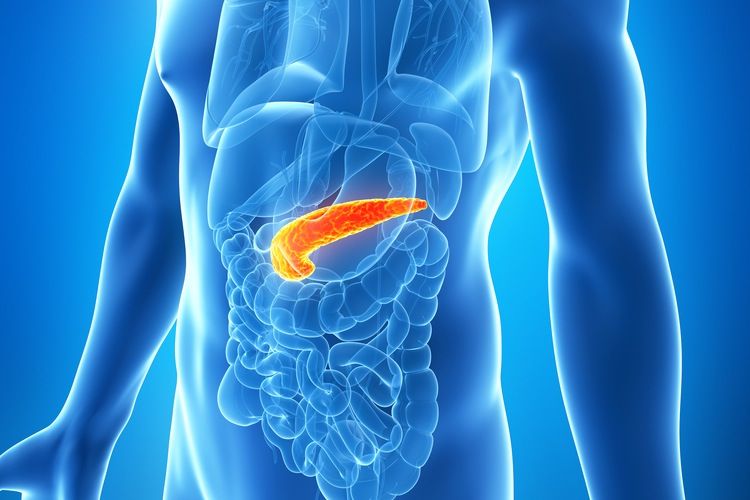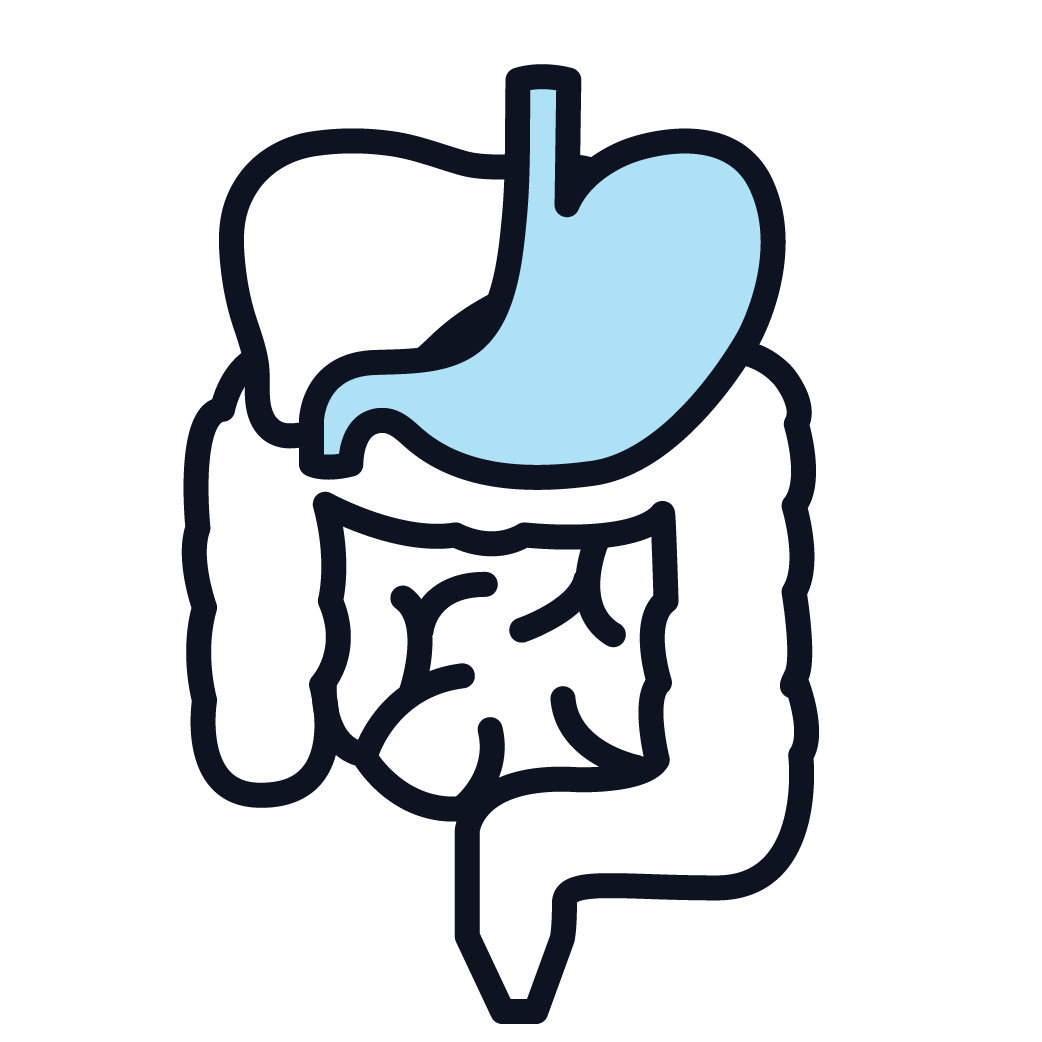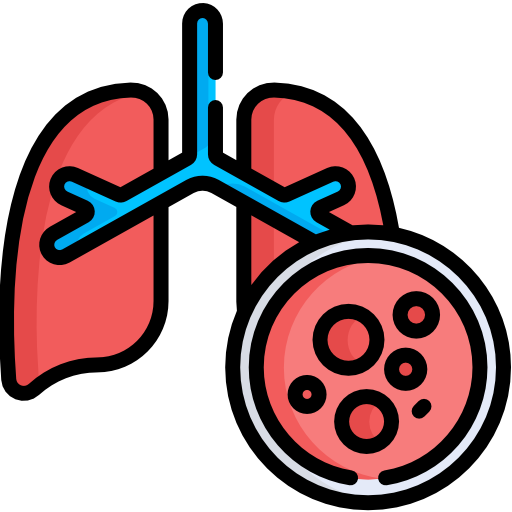Pancreatic Cancer develops when uncontrolled cell growth begins in a part of the pancreas.
The pancreas makes enzymes that end up helping us digest our cooked food. We need this help because cooked food has no more live enzymes present.
Pancreatic Cancer is hard to treat because it has very few symptoms before it spreads to other parts of the body.
If you do have Pancreatic Cancer, remember that chemo and radiation therapy are only treatments, not preventions of a cause. If you ask people that have survived more than five years after having Pancreatic Cancer, you may find that they have "cleaned up" their life and they've changed their diet so that ends up being more alkaline.




